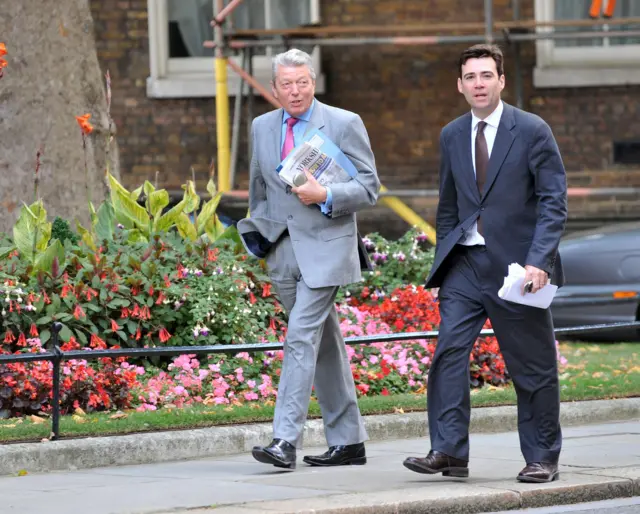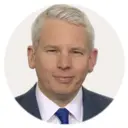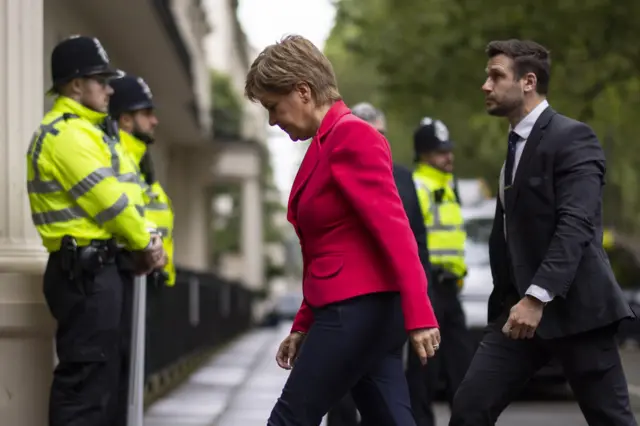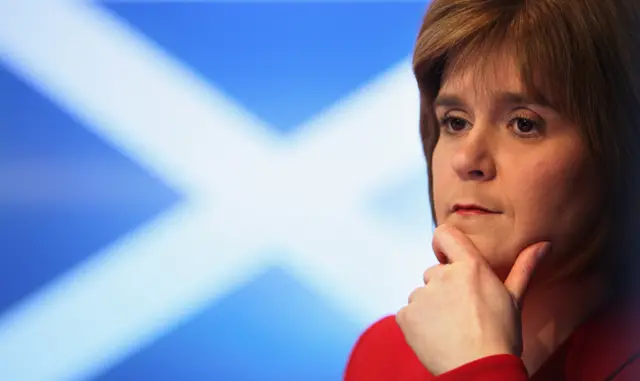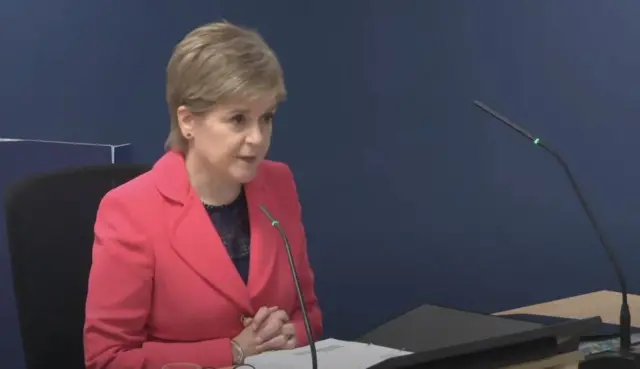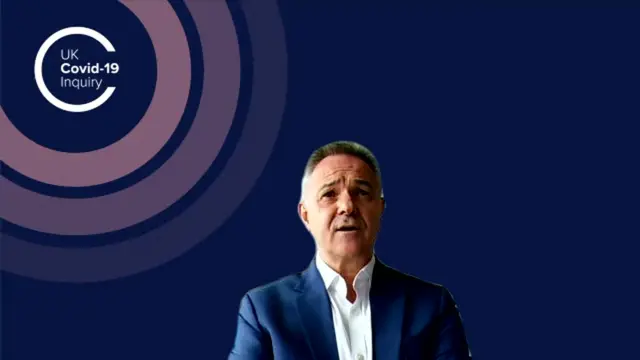
Sturgeon says Scottish government did everything to suppress Covid-19published at 12:05 BST 29 June 2023
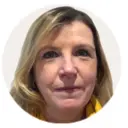 Lisa Summers
Lisa Summers
BBC Scotland Health Correspondent
Nicola Sturgeon did stray into talking about how the Scottish government responded to the Covid-19 pandemic, rather than sticking to the remit of this phase of the inquiry to focus on how prepared Scotland was.
She was being asked if their planning had been focused on catastrophic consequences of a pandemic rather than prevention.
She didn’t accept that, saying that “it was never the case when Covid struck that we accepted it as a given that a reasonable worse case scenario was going to unfold”.
The former first minister said the Scottish government did everything they could to suppress it. Also taking an opportunity to add that this might be a different approach to other parts of the UK.
